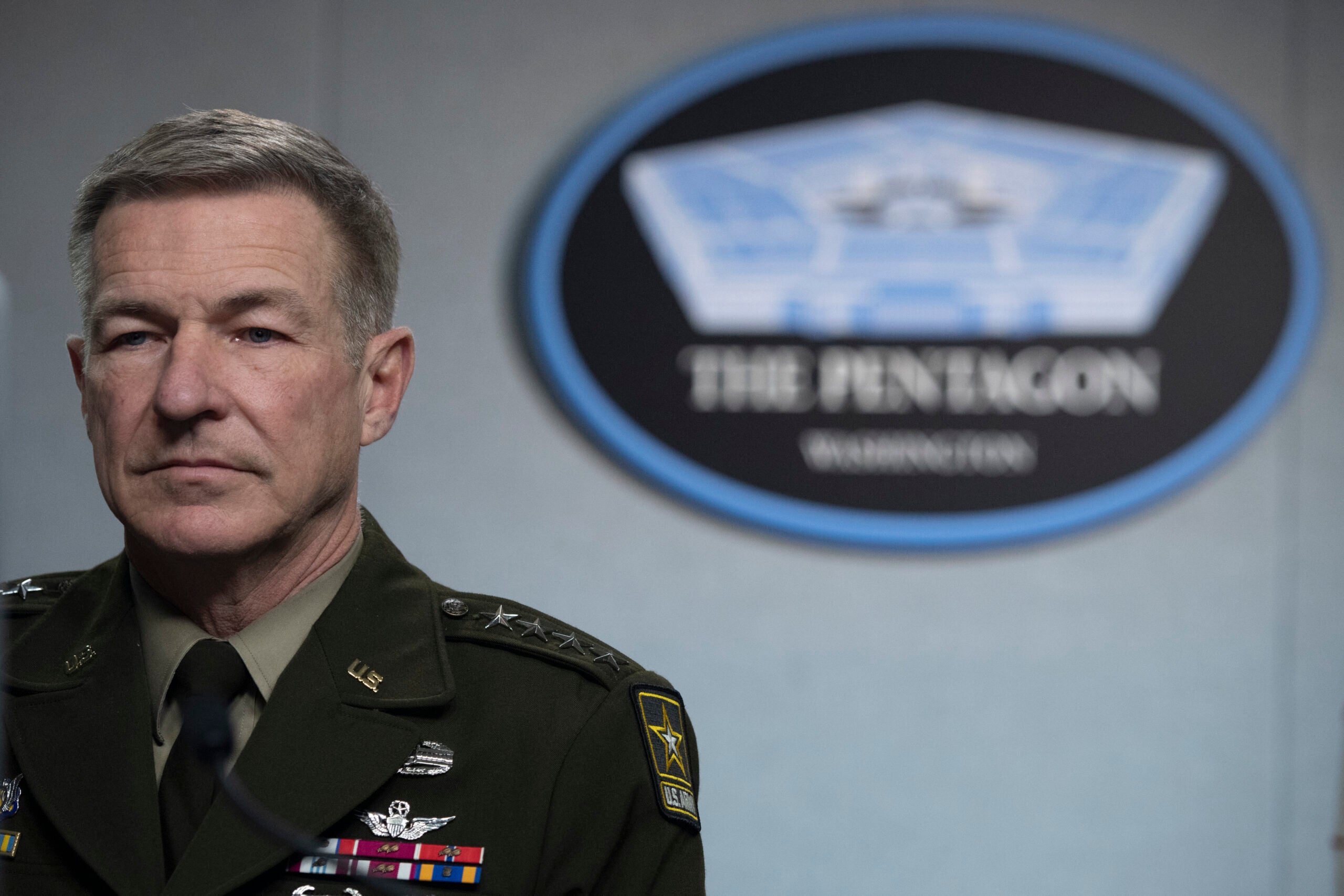Nicholas Charles Revello Plaintiff V.s Keren Laina Sangalaza Defendant
February 23, 2021
Veterans Day Message from President Trump
August 1, 2022
Navajo Code Talker Samuel Sandoval dies
August 1, 2022
Single Judge Application; Davis v. McDonough, 34 Vet.App. 131, 132 (2021) (“Under 38 C.F.R. § 3.156(b), when new and material evidence is submitted within the appeal period following a ...
Hey folksUSMC vet from 2012-2016 deployed to Afghanistan in 2013 and exposed to the burn pit via working parties and other means of help. Recently applied for compensation for Allergic ...
Single Judge Application; Tedesco v. Wilkie; implicit bias against lay evidence; The Board’s analysis is substantially similar to the Board’s analysis in Tedesco v. Wilkie, where the Board noted ...
I am rated 70% for PTSD but am paid at 100% for TDIU and am P&T. There are additional claims I could put in for, especially for things like sleep ...
Single Judge Application; Davidson v. Shinseki, 581 F.3d 1313, 1316 (Fed. Cir. 2009); The RO’s request distinguished between the veteran’s statements and the other evidence of record: “rivate medical ...
Panel Application; Clemons; Murphy v. Wilkie Like the veteran in Clemons, Mr. Grimes “did not file a claim to receive benefits only for a particular diagnosis, but for the ...
For Dependent Spouses, Children and Parents of deceased Veterans VA service representatives can answer questions about benefits eligibility and application procedures. Contact the nearest VA benefits office at 1-800-827-1000 from ...
Single Judge Application; Wise v. Shinseki, 26 Vet.App. 517, 531 (2014); apply the correct standard of proof for determining that issue; The examiner rejected the scientific evidence because it ...
Single Judge Application; Murphy v. Wilkie, 983 F.3d 1313, 1318 (Fed. Cir. 2020) (citing Boggs v. Peake, 520 F.3d 1330, 1336 (Fed.Cir. 2008)); see Ephraim v. Brown, 82 F.3d 399, ...
198 Veterans News - Copyright AllRights Reserved.
:quality(70)/cloudfront-us-east-1.images.arcpublishing.com/mco/T56ADX64ANDYNP5MWRKCULXRZA.jpg)



:quality(70)/cloudfront-us-east-1.images.arcpublishing.com/mco/QBYJTGYCQBHSVITAL32RAO7HAA.jpg)




:quality(70)/cloudfront-us-east-1.images.arcpublishing.com/mco/YVREBMCGTNFNTI6PSBKVQDR7CU.jpg)

